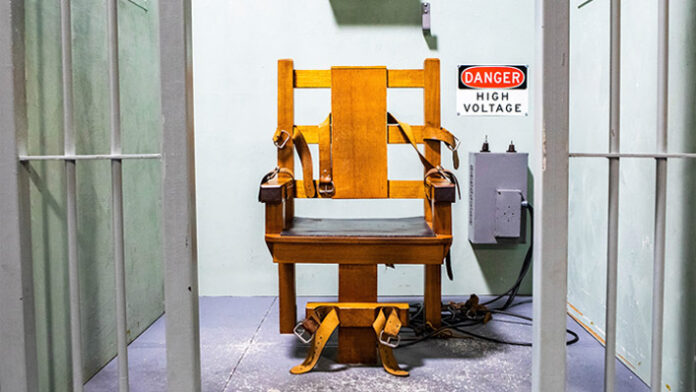Throughout history, the final words at executions have captivated the imagination and provoked deep thought among scholars, ethicists, and the general public. These last statements offer a window into the individual’s thoughts, feelings, and reflections at the moment of their ultimate fate. They can range from expressions of remorse or innocence, to declarations of love, to philosophical or religious musings. This blog aims to explore some of these final words, considering their historical context, the individual’s circumstances, and the broader implications they hold for our understanding of justice, humanity, and mortality.
Final Words at Executions
The tradition of recording an individual’s last words before execution dates back centuries and spans various cultures and legal systems. These statements are often seen as a form of ultimate truth, a final opportunity for the individual to express themselves without consequence. However, it’s essential to approach these words with a nuanced understanding of the complex situations in which they were uttered, considering factors such as the individual’s psychological state, the justice system’s fairness, and societal attitudes towards crime and punishment at the time.
Reflections on Notable Last Words
- “I did not get my Spaghetti-O’s; I got spaghetti. I want the press to know this.” – Thomas J. Grasso
- Context: Grasso’s final words at execution in 1995 for two murders have been remembered for their bizarrely mundane complaint about his last meal. They highlight the surrealism and absurdity that can pervade the final moments of life.
- “Such is life.” – Ned Kelly
- Context: The legendary Australian outlaw Ned Kelly was executed in 1880 for murder. His purported final words have become emblematic of a stoic acceptance of fate, reflecting Kelly’s enduring defiance and the complex figure he remains in Australian folklore.
- “I am ready to be released. Release me.” – Karla Faye Tucker
- Context: Tucker’s final statement before her execution in 1998 for murder reflects a desire for spiritual release and redemption. Her case sparked widespread debate on the death penalty, particularly regarding women and redemption.
- “Let us hope that this execution is the last act of the tragedy of a second world war and that the lessons taken from this will be that peace and understanding should prevail between peoples.” – Adolf Eichmann
- Context: Eichmann, a major organizer of the Holocaust, was executed in 1962 in Israel. His final words at execution invoke a controversial plea for peace, coming from an individual responsible for unimaginable atrocities.
- “I’d like you to give my love to my family and friends.” – Ted Bundy
- Context: Before his execution in 1989 for numerous brutal murders, Bundy’s last words were a simple message of love. Despite the horrific nature of his crimes, his final statement reminds us of the complex and contradictory aspects of human nature.
- “I forgive you all.” – Sister Maria Restituta Kafka
- Context: Executed by guillotine in 1943 by the Nazis for distributing anti-Nazi pamphlets, Sister Maria’s final words were a profound act of forgiveness, showcasing the strength of her convictions and her faith.
- “Hurry it up, you Hoosier bastard! I could hang a dozen men while you’re screwing around!” – Carl Panzram
- Context: Panzram’s defiant and contemptuous final words before his execution in 1930 for murder reflect his violent and rebellious nature, having spent his life in and out of prison for various crimes.
The Ethical and Moral Considerations
The exploration of final words at executions inevitably raises ethical and moral questions about the death penalty, justice, and human rights. These statements can humanize individuals who have often been dehumanized by their crimes and the media, reminding us of the complexity of human morality and the profound implications of capital punishment. They also prompt reflection on forgiveness, redemption, and the possibility of change, challenging society to reconsider its approaches to justice and retribution.
The final words of those facing execution serve as a poignant reminder of humanity’s complexities, the profound questions surrounding justice and morality, and the indelible mark left by the final moments of a human life. As we reflect on these last statements, we are reminded of the weight of capital punishment and the need for continued dialogue and examination of the systems that administer it. In remembering these individuals and their final words, we confront the depths of human nature and the societal structures that determine fate.

